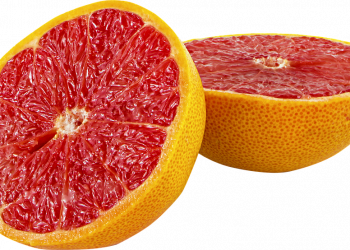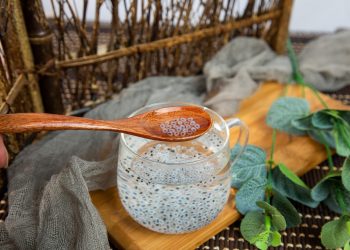Contents
- Beer for Hormone Balance
- 1. Beer Contains Phytoestrogens That May Mimic Estrogen
- 2. Moderate Beer Consumption May Support Menopause Symptom Relief
- 3. Beer May Enhance Male Fertility in Moderation
- 4. Excessive Beer Intake Can Disrupt Hormonal Balance
- 5. Beer Polyphenols Offer Antioxidant and Anti-inflammatory Benefits
- Bottom Line
- FAQs
Beer for Hormone Balance
Beer for hormone balance is a topic that has garnered attention in recent years. While excessive alcohol consumption is known to disrupt hormonal health, moderate beer intake may offer certain benefits.
This article delves into the ways beer can influence hormone levels and what that means for your health.
1. Beer Contains Phytoestrogens That May Mimic Estrogen
Certain compounds in beer, such as 8-prenylnaringenin and xanthohumol, are known as phytoestrogens. These plant-derived substances can bind to estrogen receptors in the body, potentially influencing estrogenic activity.
Research indicates that these compounds may help alleviate menopausal symptoms by modulating estrogen levels .
2. Moderate Beer Consumption May Support Menopause Symptom Relief
Studies suggest that moderate beer consumption, including non-alcoholic varieties, may reduce menopause-related symptoms. This effect is attributed to the phytoestrogenic properties of beer’s polyphenols, which can help balance hormone levels during this transitional phase .
3. Beer May Enhance Male Fertility in Moderation
Contrary to common belief, moderate beer consumption has been linked to improved male fertility. A study involving 296 couples found that men who drank beer had higher pregnancy rates compared to those who consumed more coffee or tea.
This suggests that moderate beer intake may positively influence reproductive health .
4. Excessive Beer Intake Can Disrupt Hormonal Balance
While moderate consumption may offer benefits, excessive beer intake can lead to hormonal imbalances. Chronic heavy drinking is associated with increased estrogen levels in men, which can lead to conditions like gynecomastia.
In women, high alcohol consumption has been linked to an increased risk of breast cancer due to elevated estrogen levels .
5. Beer Polyphenols Offer Antioxidant and Anti-inflammatory Benefits
The polyphenols found in beer, such as xanthohumol, possess antioxidant and anti-inflammatory properties. These compounds may contribute to overall health by protecting cells from oxidative stress and reducing inflammation, which can indirectly support hormonal health.
Bottom Line
Moderate beer consumption may offer certain hormonal health benefits, particularly for menopausal women and men seeking to improve fertility. However, it’s essential to consume beer in moderation, as excessive intake can lead to hormonal imbalances and associated health risks.
Always consult with a healthcare professional before making significant changes to your diet or alcohol consumption.
FAQs
Q: How does beer affect estrogen levels?
Beer contains phytoestrogens that can mimic estrogen in the body, potentially influencing estrogenic activity and alleviating menopausal symptoms.
Q: Can beer improve male fertility?
Moderate beer consumption has been linked to higher pregnancy rates in couples, suggesting a positive impact on male fertility.
Q: Is it safe to drink beer during menopause?
Moderate beer intake may help alleviate menopause-related symptoms due to its phytoestrogen content. However, excessive alcohol consumption can exacerbate symptoms and pose health risks.
Q: What are the risks of excessive beer consumption?
Heavy drinking can lead to hormonal imbalances, increased estrogen levels, and higher risks of conditions like gynecomastia and breast cancer.
Q: Are there any health benefits to beer?
Beer contains polyphenols with antioxidant and anti-inflammatory properties, which may contribute to overall health when consumed in moderation.
Remember, moderation is key when it comes to alcohol consumption. Understanding how beer affects hormone balance can help you make informed decisions about your health.
References
-
National Institutes of Health – Alcohol and Hormones
https://pubmed.ncbi.nlm.nih.gov/28904736/ -
Mayo Clinic – Menopause and Diet
https://www.mayoclinic.org/healthy-lifestyle/nutrition-and-healthy-eating/expert-answers/menopause-diet/faq-20058451 -
MDPI – Polyphenols in Beer and Hormonal Health
https://www.mdpi.com/2072-6643/13/7/2278 -
WebMD – Alcohol and Fertility
https://www.webmd.com/men/features/alcohol-fertility-overview
Get Your FREE Natural Health Guide!
Subscribe now and receive our exclusive ebook packed with natural health tips, practical wellness advice, and easy lifestyle changes — delivered straight to your inbox.














